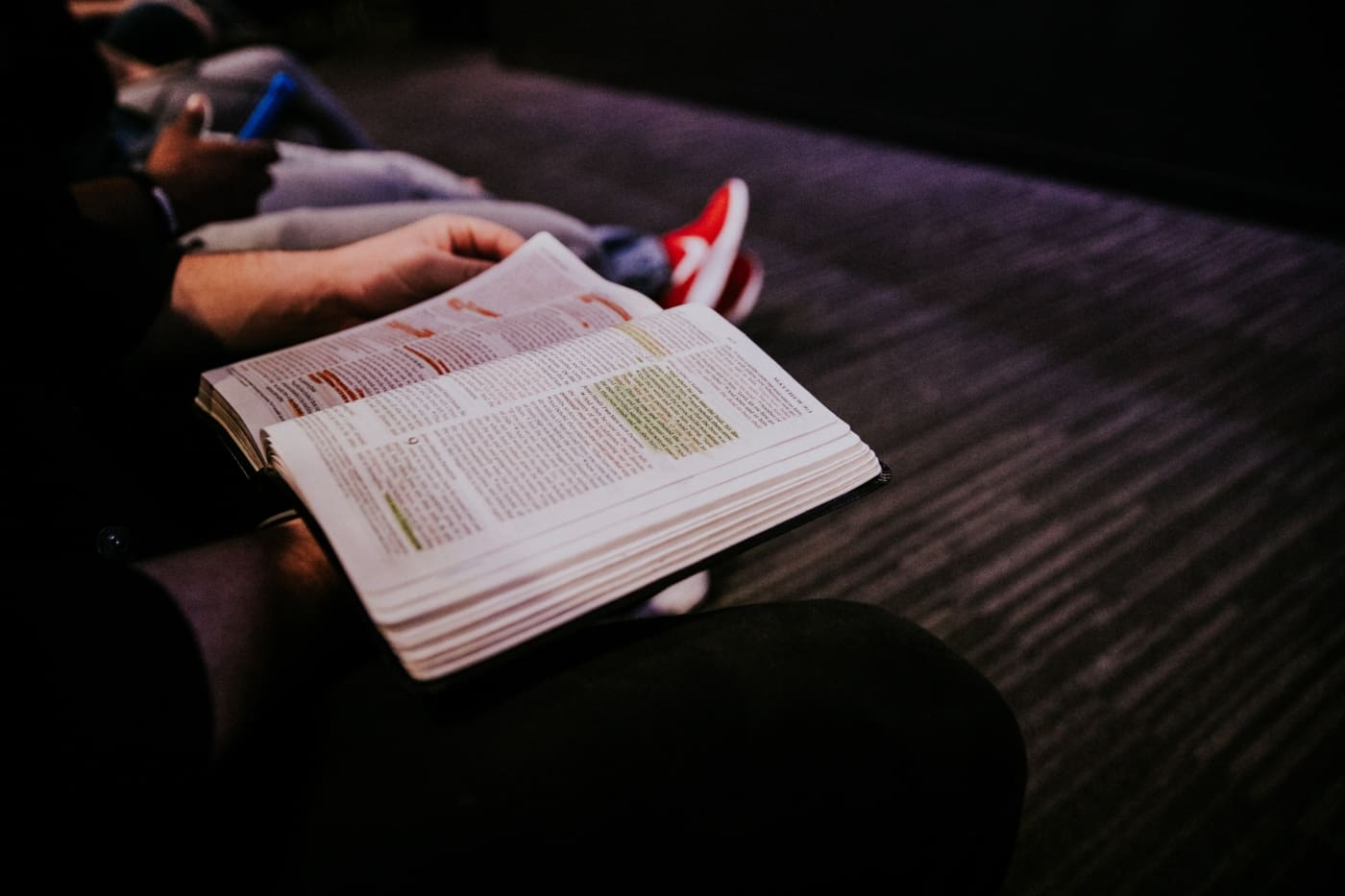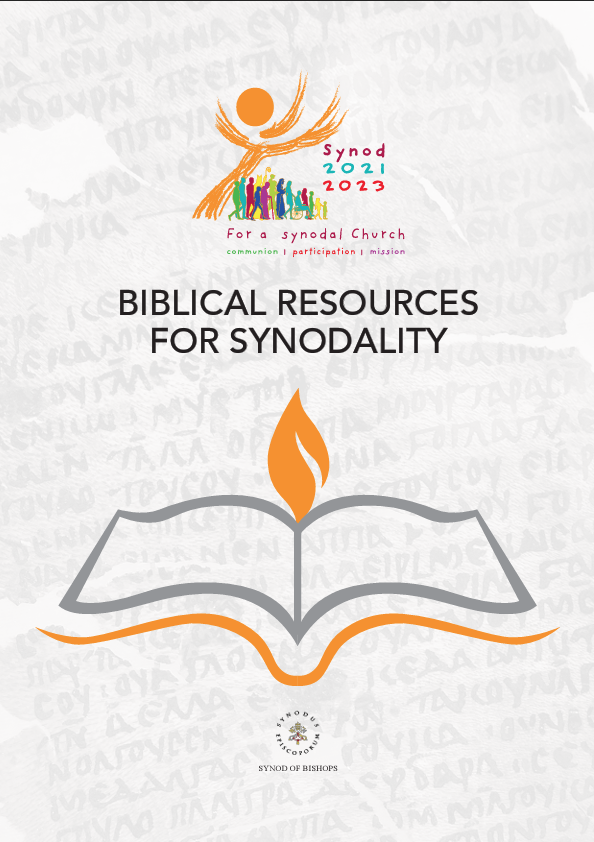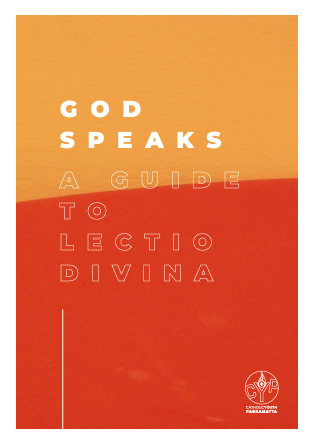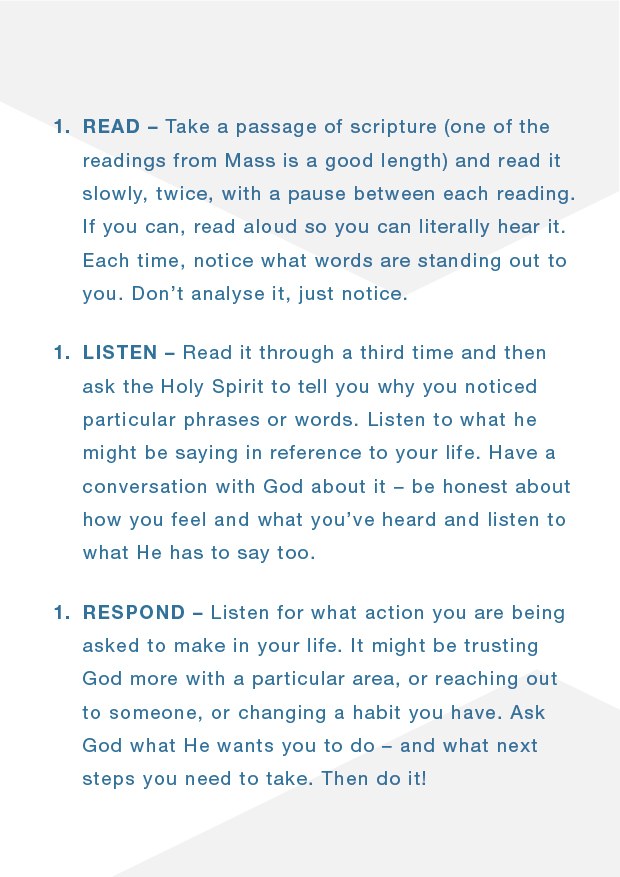The Catholic Church has a rich tradition of reading, interpreting and using the Bible – as the inspired word of God, it plays a central role in our Catholic life.
What is the Bible?
The Bible is a book, and it is the most printed book and one of the most influential books in human history! Perhaps that is a little too simple, so let’s look a little closer at the great gift we hold in our sacred scripture.
The Bible is more like a small library of books that all emerged out of the history of the people of ancient Israel. Written and compiled over about a thousand years, (around 900 B.C to 100 A.D.) it contains different books, by different authors, with different literary styles, all connected by their meaning to people of faith and the great story of God’s salvation for the whole world.
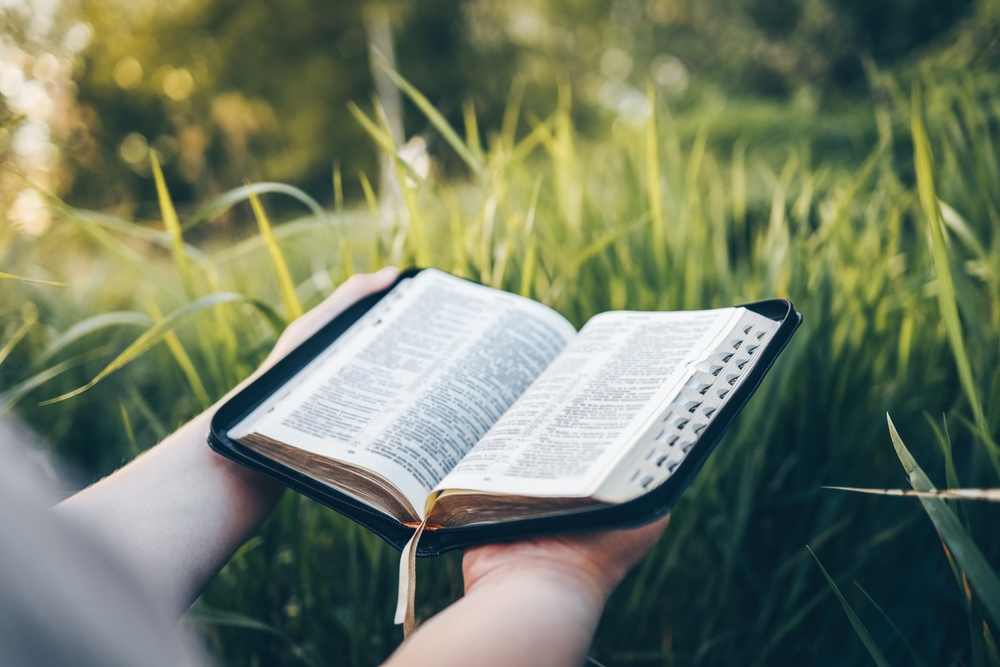
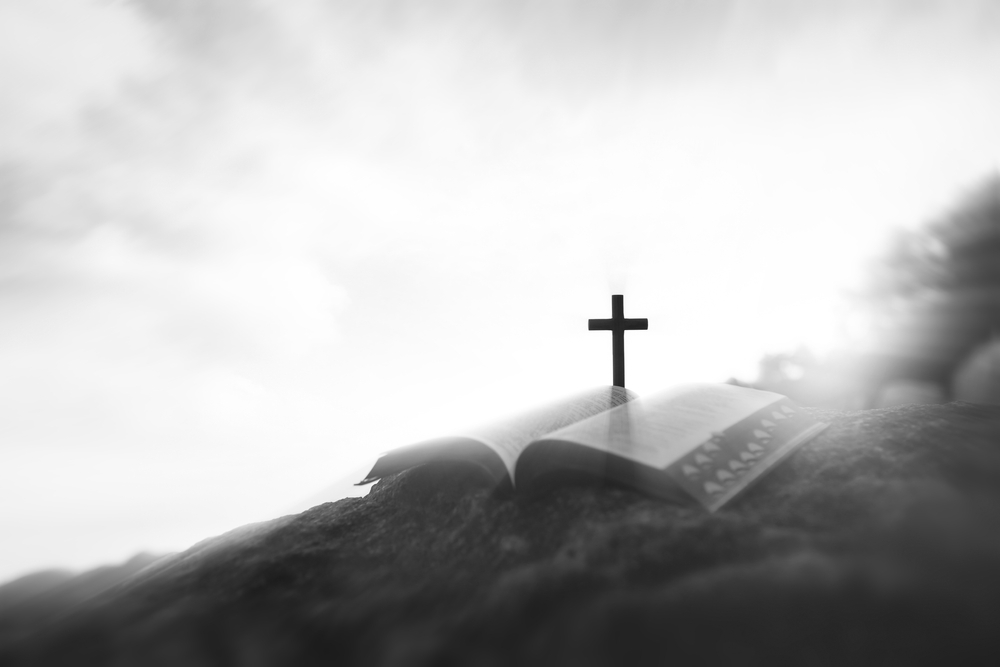
The expansive nature of the Bible makes it tricky to classify but opens up for us a wealth of wisdom and insight to guide us in our life and faith journey.
The Bible can show us the dynamic and changing history of the community of believers. The Bible can give language to our own lived experience. The Bible can help us grow in our relationship with each other, with other Christians and indeed with other faith traditions. The Bible can engage the hearts and minds of both children and scholars and everyone in between!
Ignorance of the Scriptures is ignorance of Christ.
St. Jerome
Where is the best place to start reading the Bible?
Each of the books in the Bible tells us something wonderful and different about who we are, and who God is. Sacred scripture can point us toward something so much bigger than ourselves, while at the same time speaking into a particular situation in our lives. It is both the great story of us all and the word of God alive and active today!
So, perhaps it is less important to ask where to start, rather the more important thing is simply to start! And there are so many ways that you can read more often, reflect more deeply and study with enthusiasm this great gift we have in the Bible! Here are just a few:
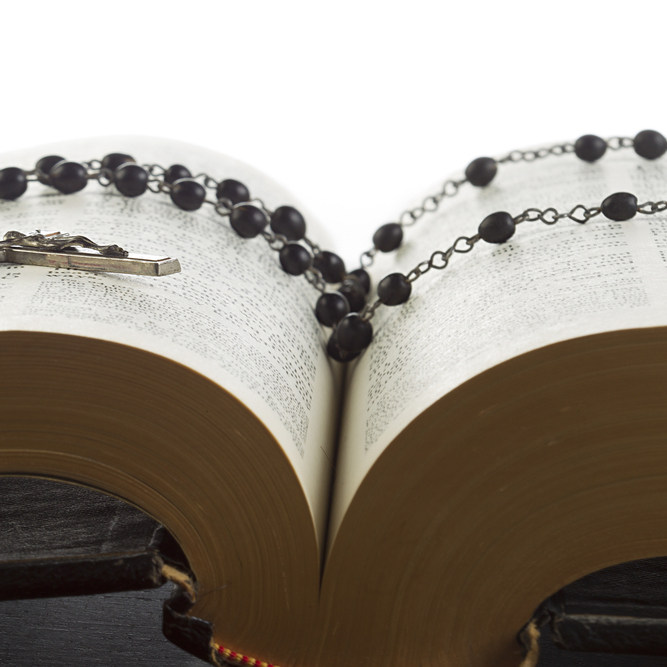
Get yourself a physical copy of the Bible: You can buy one through a local Catholic store or they’re easily found online. A couple of reader-friendly versions to look out for are: ‘The New Community Bible’ or ‘The Catholic Faith and Family Bible’.
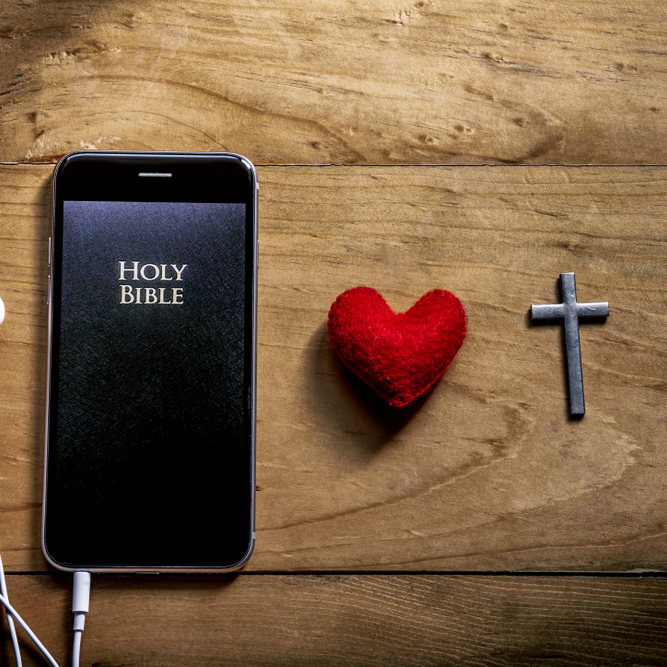
Bible apps: These provide easy access to the Bible’s text so you can read, study, and reflect on Scripture anytime, anywhere. YouVersion is a free app that offers the Bible in many translations and languages, free on your smartphone or tablet. The Bible App for Kids has colourful, interactive Bible stories.

Bible commentary websites: These online resources provides in-depth explanations and interpretations of the Bible, aiding readers in understanding its historical context, literary genres, theological themes, and practical applications. The website of Australian Theologian Fr Michael Fallon MSC, offers free written and audio commentaries to engage our learning.
Personal Prayer and Reflection with the Bible
We read the Bible to deepen our understanding of God, seek guidance and comfort, and strengthen our relationship with Jesus Christ. We also use different reading techniques like lectio divina, which involves reading, meditation, prayer, and contemplation.
We look to the word of God for inspiration and guidance in our daily lives. When facing a particular decision or challenge, we may turn to specific passages for support. We also find comfort and reassurance in the Bible’s timeless wisdom. The Bible shapes our conscience, guiding us towards moral and ethical decision-making. We use the Bible to learn about right and wrong, enabling us to make choices aligned with our faith.
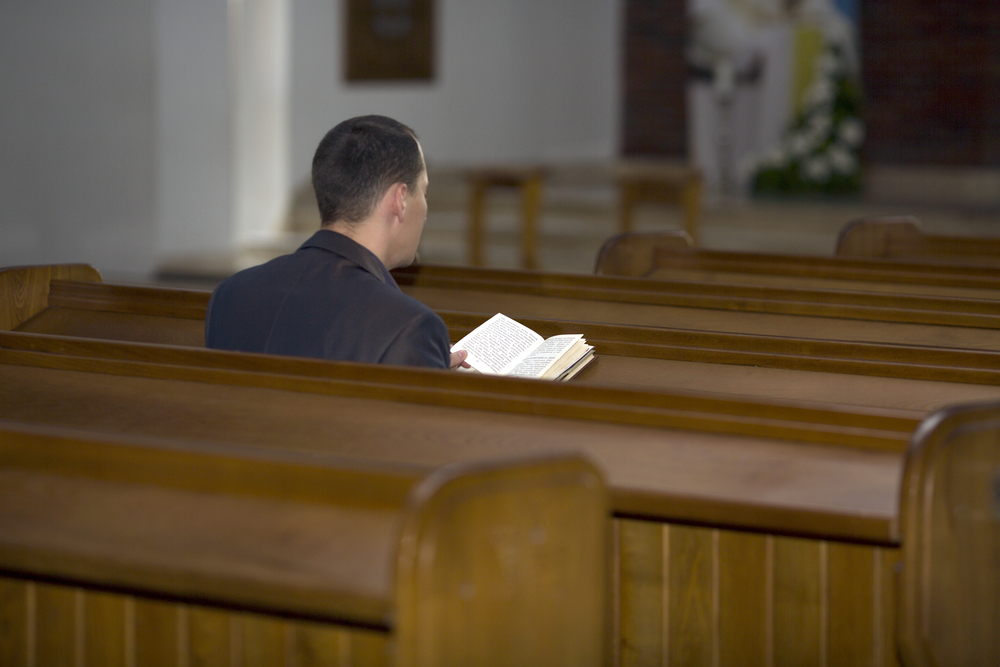
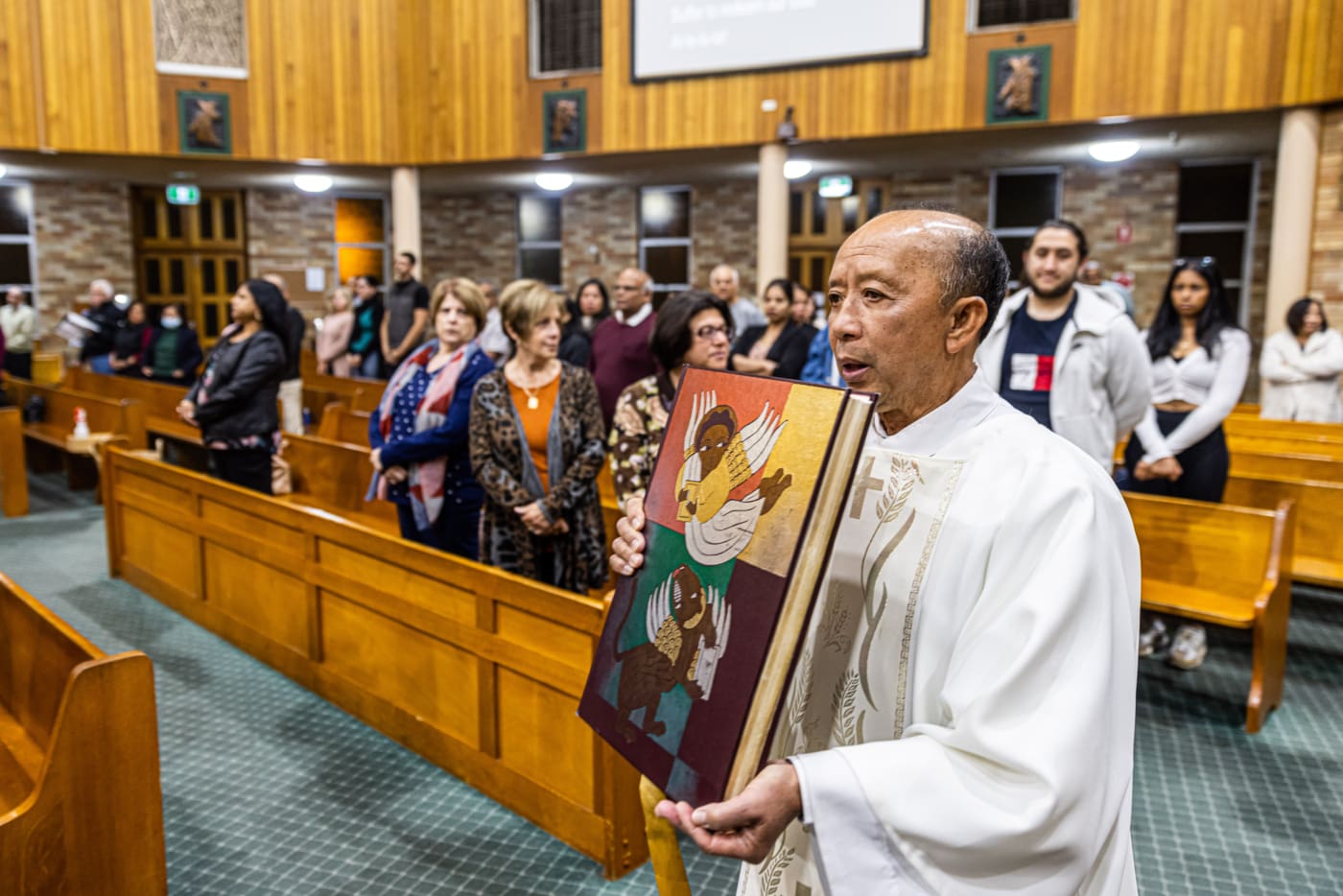
The Bible in Liturgical Celebrations
The Bible is an integral part of our liturgical celebrations, including Mass and other services. We read and proclaim passages from the lectionary, a cyclical selection of biblical readings followed throughout the year. These readings often align with the liturgical season or the feast we are commemorating that day.
The Bible fosters a sense of community among us, providing a common text we can read and discuss together. This shared understanding strengthens our bonds and cultivates a sense of shared purpose.
Catechesis
Catechesis is a process of education in the faith – a lifelong process we all go through to reach a fuller understanding of Christian values and life. The word “catechesis” comes from the Greek word “katēchein,” which means “to echo” or “to resound.” This suggests that catechesis is not simply about imparting information, but about helping people to hear and respond to the word of God.
We use the Bible to teach our faith to people of all ages, whether through catechism classes, Bible studies, or other educational programs. The Bible serves as a foundation for learning about salvation history, the teachings of Jesus Christ, and moral living.
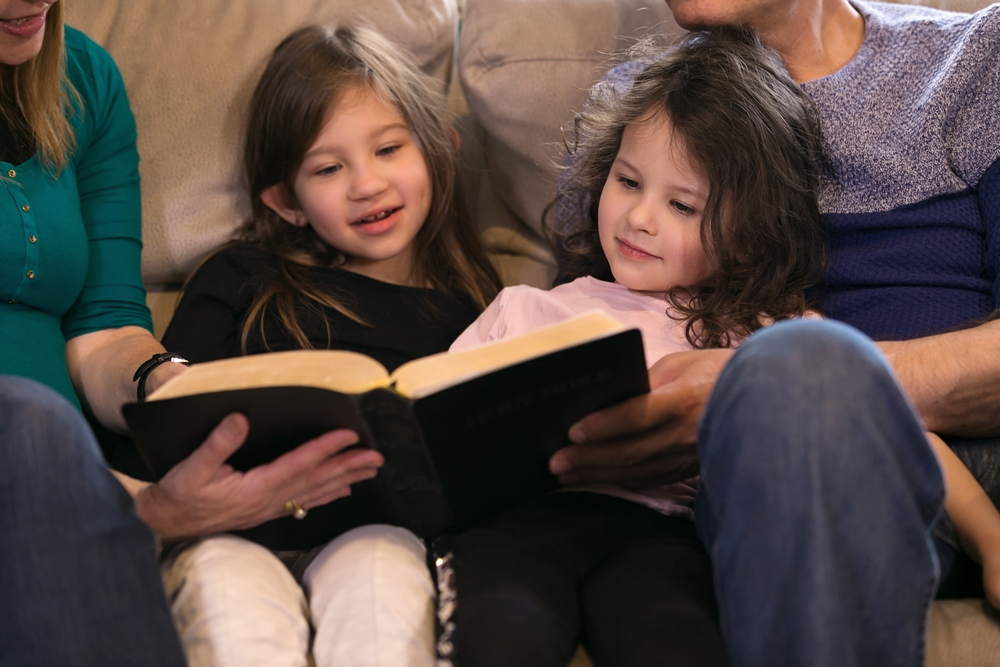
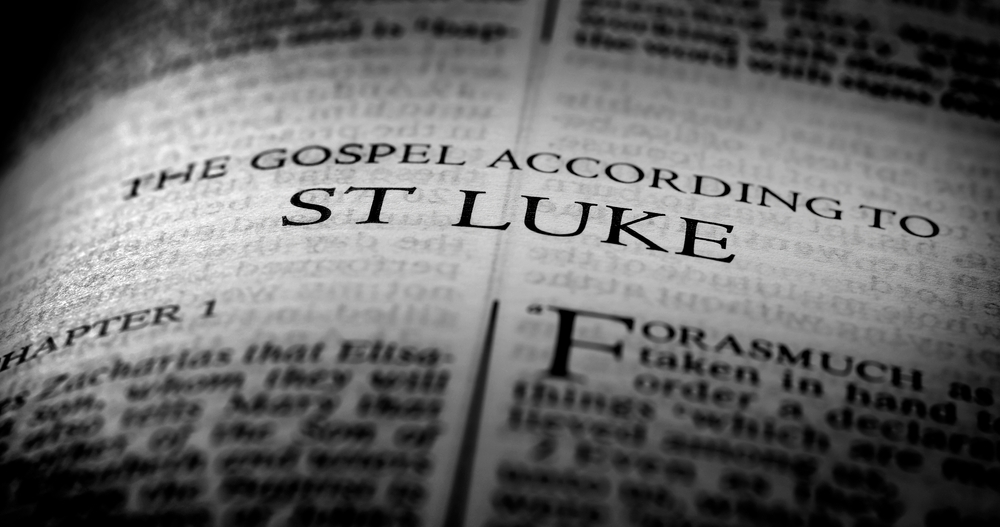
We have a long-standing tradition of translating and interpreting the Bible, believing it should be accessible to everyone. We work to make it available in as many languages as possible and engage in careful study to understand its meaning and apply its teachings to our lives.
We find spiritual nourishment in the Bible, viewing it as a source of strength and inspiration. We read the Bible to receive God’s word and deepen our faith.
In the pages of the Bible may we meet our loving God and be drawn into a divine conversation. May we be amazed by the inexhaustible newness of God’s word, and may we allow it to transform our lives.
Resources
Want to deepen your understanding of the Catholic faith?
The Diocese of Parramatta’s Mission Enhancement Team can support you in deepening your understanding of the Catholic faith by providing resources and organising events for your community. To enquire, please complete the form below:

